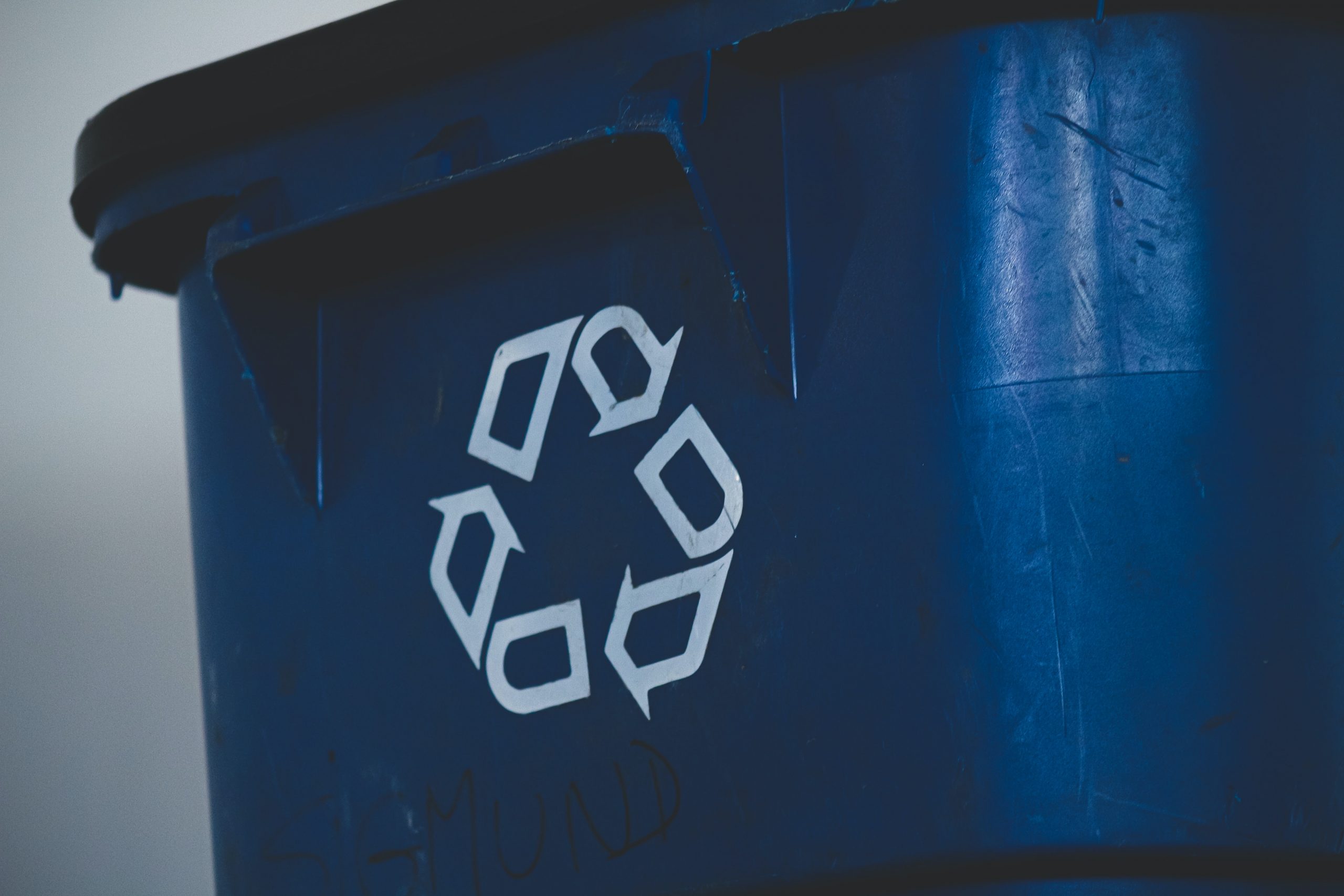Recycling has been in my family for generations.
My grandfather began recycling coconut shells in the 1940s in Guyana, and my father was recycling automotive parts in the 1970s. As immigrants, my father came to Canada to live in a fairer society, and to establish a more stable life for future generations of our family. Once again in Canada and we found a solution in recycling – this time plastics.
I’ll never forget what my grandfather told me before he passed away.
“Plastics are a miracle material. My whole life I was looking for paper that doesn’t get wet, metal that doesn’t rust and glass that doesn’t break, and then we came up with plastic.”
For generations, humanity has searched for a material like plastic. I feel like I am living in an episode of the “Twilight Zone,” where the federal government has designated all plastics as toxic.
Plastics are not toxic
Plastics are simply not toxic – we would know because we recycle it. It’s through our own misuse and abuse as consumers that we have now come to demonize the very thing that sustains our everyday life. The problem is not plastic, it’s plastic waste.
Take 30 seconds to look around you. Your phone and computer are made of plastic. The food you buy comes in plastic packaging that keeps it fresh and safe to eat. The pipes that bring you clean water, and the materials that built your home, to keep you warm during the harsh Canadian winters, all include plastic products. But suddenly, when you as a consumer have to discard these products, they’re toxic?
When my grandfather asked me what’s my plan for the future of the business, I told him that we’d have the carefully evaluate our investments in Canada. While the federal government may want a short-term quick fix, this will have long-term damaging impacts for the recycling industry.
Canadian Recyclers are at an unfair disadvantage
Manufacturers will leave Canada to make products in foreign countries, and the availability of scrap and post-consumer materials to recycle will diminish. As a plastics recycler my Canadian Plastics recycling operations will not grow at the same rate as competitors in other parts of the world where plastics manufactured products have not been demonized. Ultimately, Canadian Recyclers will be at an unfair disadvantage.
The alternatives to plastic are worse for the environment
What would the federal government have us use instead? The alternatives to plastic are actually worse for the environment. Plastic is lighter in weight that glass – which means it takes less fuel to transport. Plastic helps curb deforestation, decrease food waste and only represents 10% of all waste in landfills. What about the other 90% or paper, metals, organics and glass that we are already throwing away? The carbon footprint and life cycle analyses are clear: plastics are the best alternative we have.
